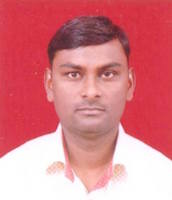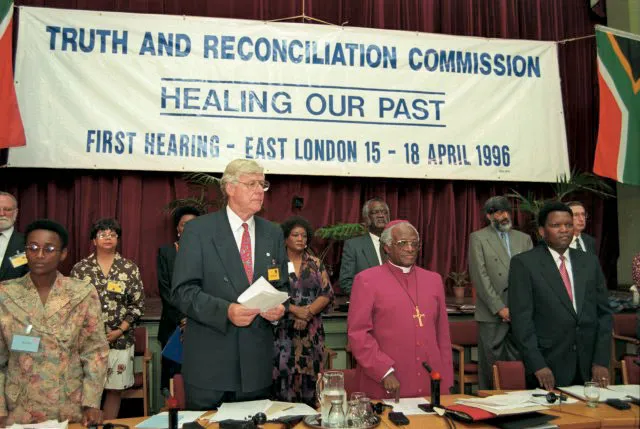Dr Bhimrao Ambedkar’s birth anniversary celebrations this year were different in more ways than one. While, on one hand, reactionary forces damaged statues of Dr Ambedkar in many places and garlanded them with shoes, on the other hand, the Ambedkar Mela held every year at Parliament Street in the national capital drew thousands of people. The BJP did everything it could to hijack this fair. The BJP and the RSS seem to have suddenly developed a great love for Ambedkar and Dalits – just as Gandhi once did for Harijans.
 A Hasya Kavi Sammelan was held at Mavlankar Hall, near the Parliament Street, on Ambedkar Jayanti under the auspices of Sulabh International. The main banner of the programme carried a photograph of Gandhi on one side and of Ambedkar on the other. Around 15 dozen employees of Sulabh International were present to clap at appropriate times. To fill the chairs, groups of school students, along with their teachers, were roped in. Before the programme began, the audience was treated to a sumptuous lunch, which included “kheer”. Around 15 poets from UP and Bihar were on the dais. Most of the poets, their poems and whatever they spoke had nothing to do with the occasion. A pandit from Banaras stepped on to the dais and amid the chanting of mantras, made the poets and three poetesses wear “janeyu” (sacred thread). Bindeshwar Pathak, founder of Sulabh International, declared with unconcealed pride that now men, women and Dalits were all equal – as all of them were wearing the sacred thread! One of the poetesses, Dr Kaushal Pawar, however, refused to wear the sacred thread and registered her protest from the dais. “When untouchability will genuinely and completely be effaced from society, I can wear the sacred thread but not now,” she said. She also asked how sitting in yagnas and havans or wearing the sacred thread could bring about social equality for the Dalits. Most of the poets in the function were non-Dalits and almost all members of the audience were Dalits.
A Hasya Kavi Sammelan was held at Mavlankar Hall, near the Parliament Street, on Ambedkar Jayanti under the auspices of Sulabh International. The main banner of the programme carried a photograph of Gandhi on one side and of Ambedkar on the other. Around 15 dozen employees of Sulabh International were present to clap at appropriate times. To fill the chairs, groups of school students, along with their teachers, were roped in. Before the programme began, the audience was treated to a sumptuous lunch, which included “kheer”. Around 15 poets from UP and Bihar were on the dais. Most of the poets, their poems and whatever they spoke had nothing to do with the occasion. A pandit from Banaras stepped on to the dais and amid the chanting of mantras, made the poets and three poetesses wear “janeyu” (sacred thread). Bindeshwar Pathak, founder of Sulabh International, declared with unconcealed pride that now men, women and Dalits were all equal – as all of them were wearing the sacred thread! One of the poetesses, Dr Kaushal Pawar, however, refused to wear the sacred thread and registered her protest from the dais. “When untouchability will genuinely and completely be effaced from society, I can wear the sacred thread but not now,” she said. She also asked how sitting in yagnas and havans or wearing the sacred thread could bring about social equality for the Dalits. Most of the poets in the function were non-Dalits and almost all members of the audience were Dalits.
Published in the July 2015 issue of the FORWARD Press magazine





